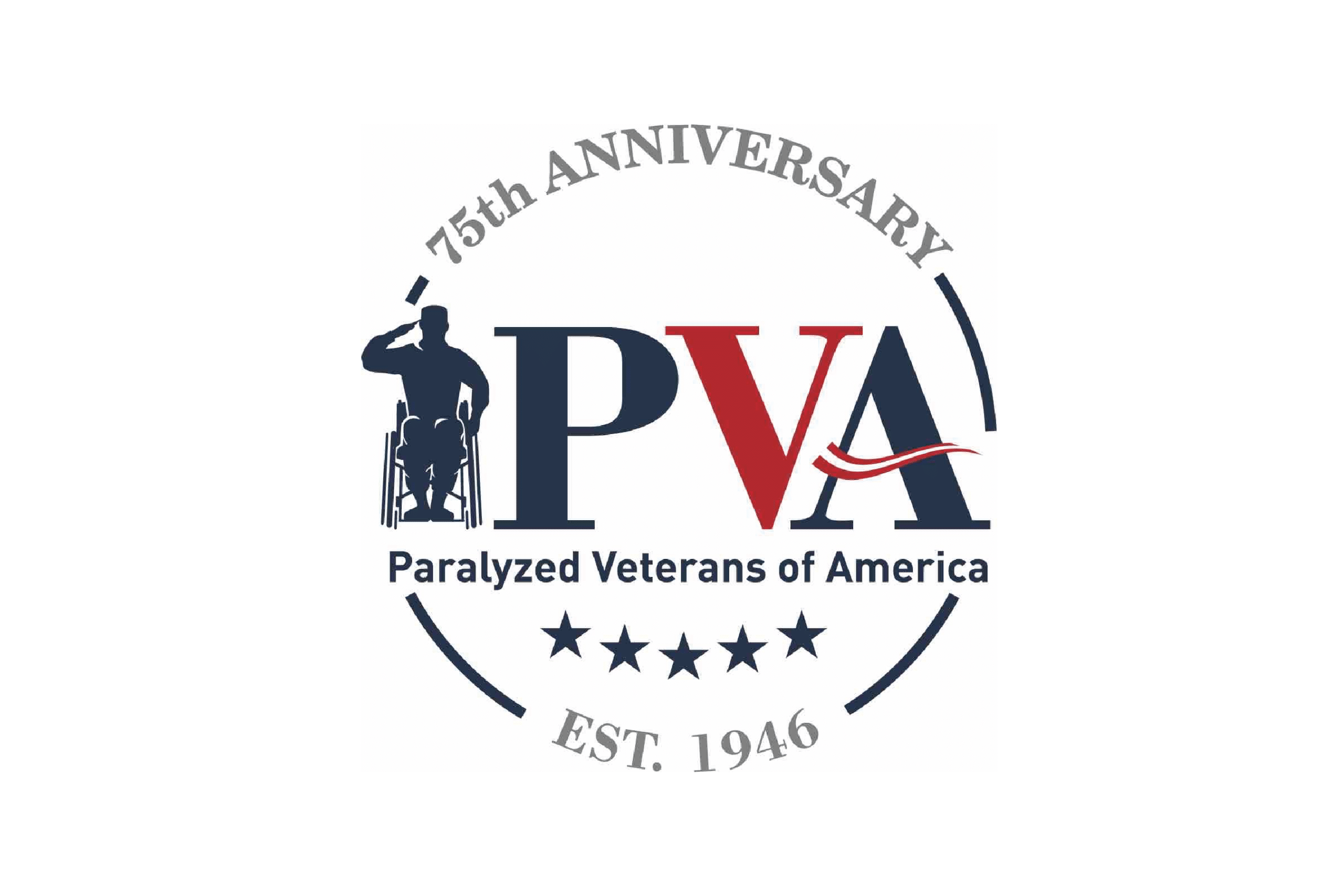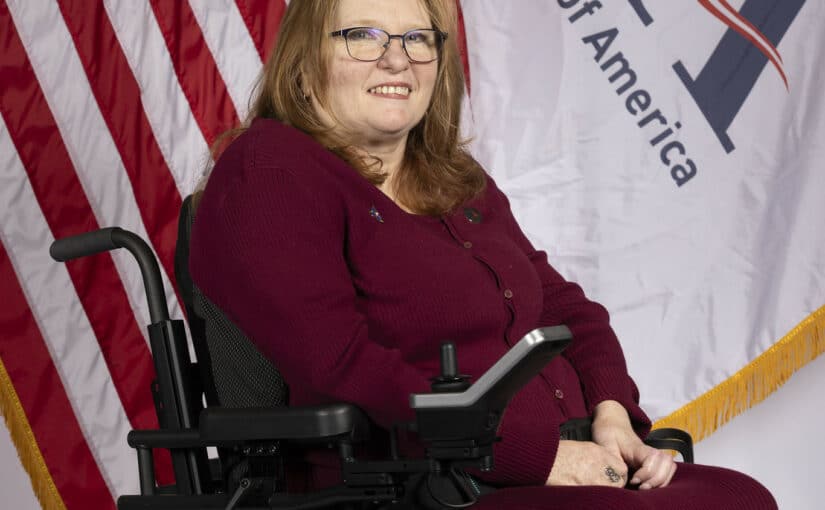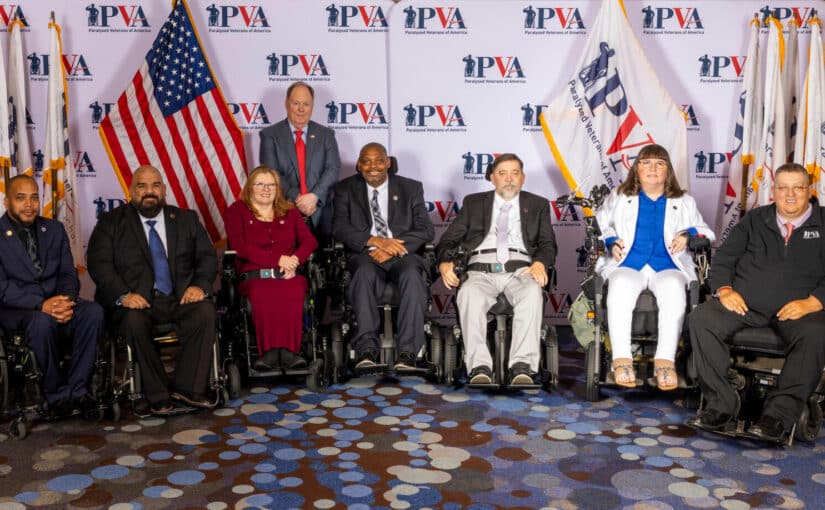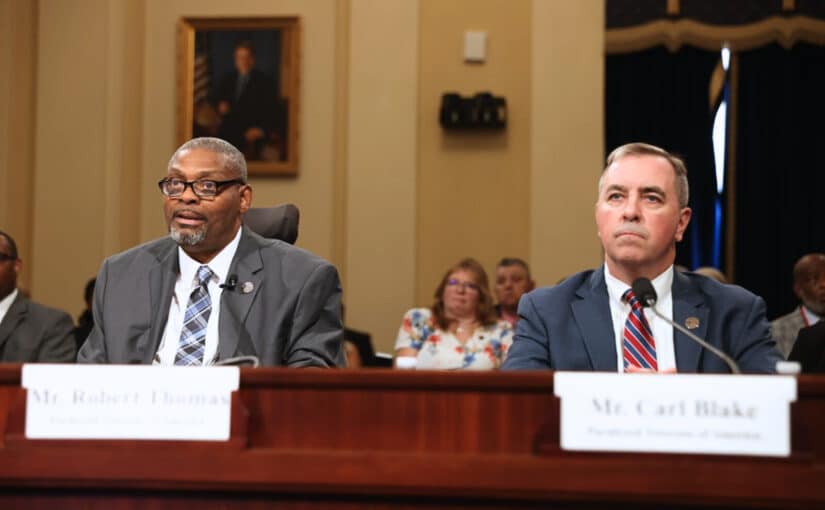
PVA Releases Statement on the Department of Veterans Affairs’ Health Care Infrastructure Recommendations to the AIR Commission
Post Date: March 14, 2022
WASHINGTON, D.C., (March 14, 2022) — Paralyzed Veterans of America National President Charles Brown released the following statement in response to today’s Department of Veterans Affairs’ (VA) health care infrastructure recommendations to the Asset and Infrastructure Review (AIR) Commission.
“Paralyzed Veterans of America has grave concerns about the recommendations released today by the VA that some of its Spinal Cord Injury and Disorder (SCI/D) system of care centers be closed or consolidated. As I testified before the House and Senate Veterans’ Affairs Committees on March 8, the VA is the best health care provider for veterans with catastrophic disabilities. There is simply no comparable private system of care providing a coordinated life-long continuum of care for people with SCI/D. We are greatly troubled by what appears to be an effort to diminish the SCI/D system of care as the VA attempts to realign its health care system. We cannot sacrifice the health, safety, and well-being of catastrophically disabled veterans on the altar of progress. We need to understand the data providing the justification for these recommendations as there are many unmet specialized needs for veterans with SCI/D, particularly inpatient long-term care. PVA will continue to be a fierce advocate for the needs of catastrophically disabled veterans, their families, and caregivers.”
The MISSION Act of 2018 requires the VA to conduct a nationwide study and issue recommendations for future investments in VA health care facilities to the AIR Commission (PVA Executive Director Carl Blake has been nominated by the White House to serve on the commission). The goal of the study is to learn about Veterans’ experiences with VA health care and how Veterans want care to be delivered in the future. To develop the report, VA conducted research and analysis, including interviews and collaboration with VA facility staff and leadership, as well as solicited feedback from Veterans.
As part of the AIR Commission’s review, they will hold public hearings, visit VA facilities, meet with employees and VA partners – and, most important, listen to Veterans – to help them assess VA’s recommendations. The Commission will then forward their recommendations, with any changes it deems necessary, to the President, who will determine whether or not to submit those recommendations to Congress. If the President submits them, Congress can then accept those recommendations by inaction or reject them by passing a joint resolution of disapproval. If approved, VA must begin implementing them within three years.
###
About Paralyzed Veterans of America
Paralyzed Veterans of America is a 501(c)(3) non-profit and the only congressionally chartered veterans service organization dedicated solely for the benefit and representation of veterans with spinal cord injury or diseases like MS and ALS. For 75 years, the organization has ensured that veterans receive the benefits earned through service to our nation; monitored their care in VA spinal cord injury units; and funded research and education in the search for a cure and improved care for individuals with paralysis.
As a life-long partner and advocate for veterans and all people with disabilities, Paralyzed Veterans of America also develops training and career services, works to ensure accessibility in public buildings and spaces, and provides health and rehabilitation opportunities through sports and recreation. With more than 70 offices and 33 chapters, Paralyzed Veterans of America serves veterans, their families, and caregivers in all 50 states, the District of Columbia, and Puerto Rico. Learn more at PVA.org.




